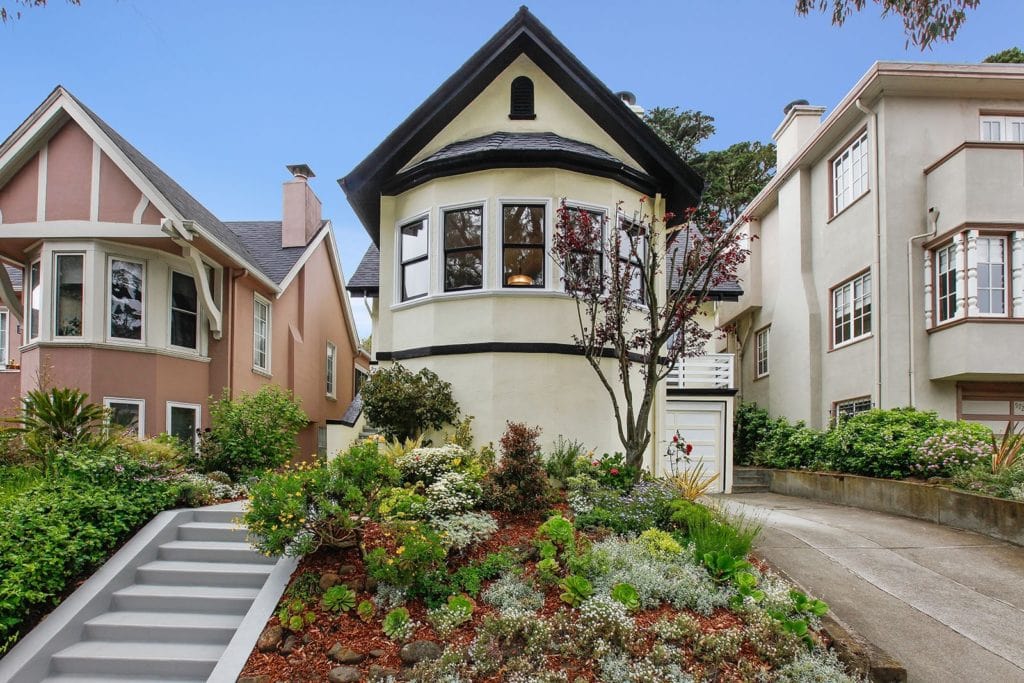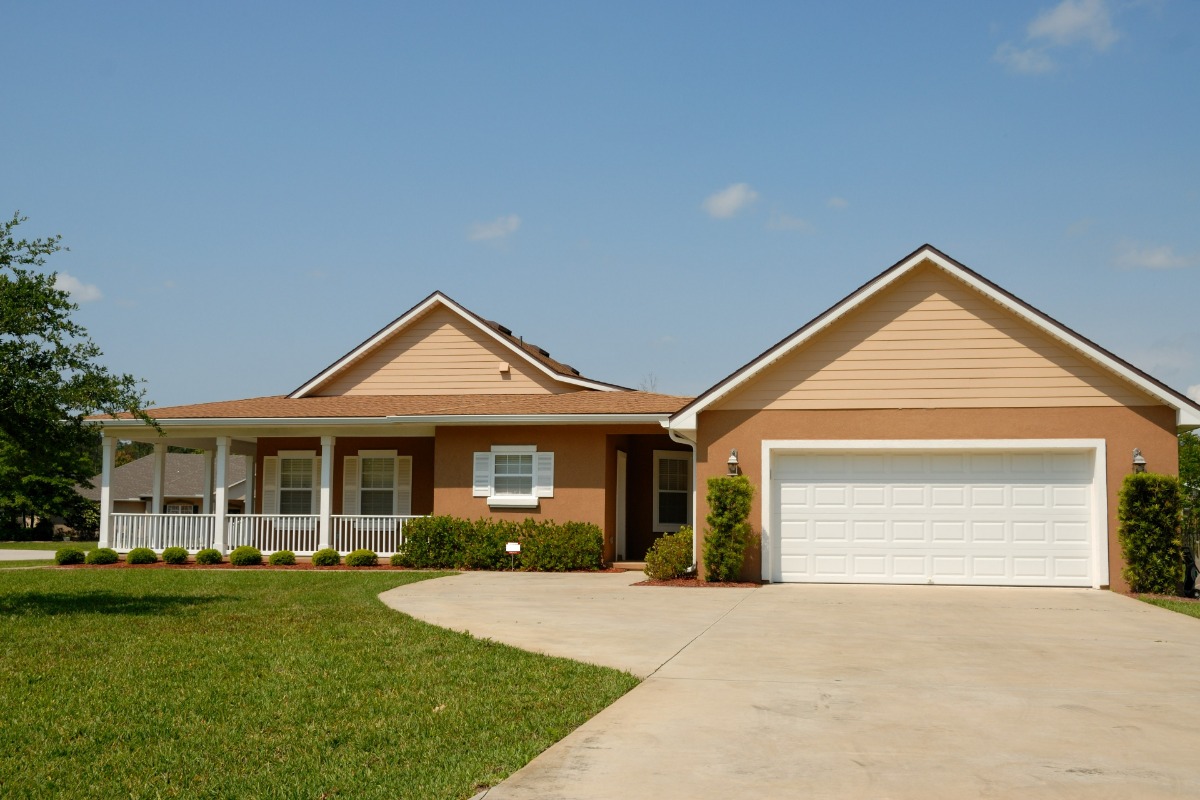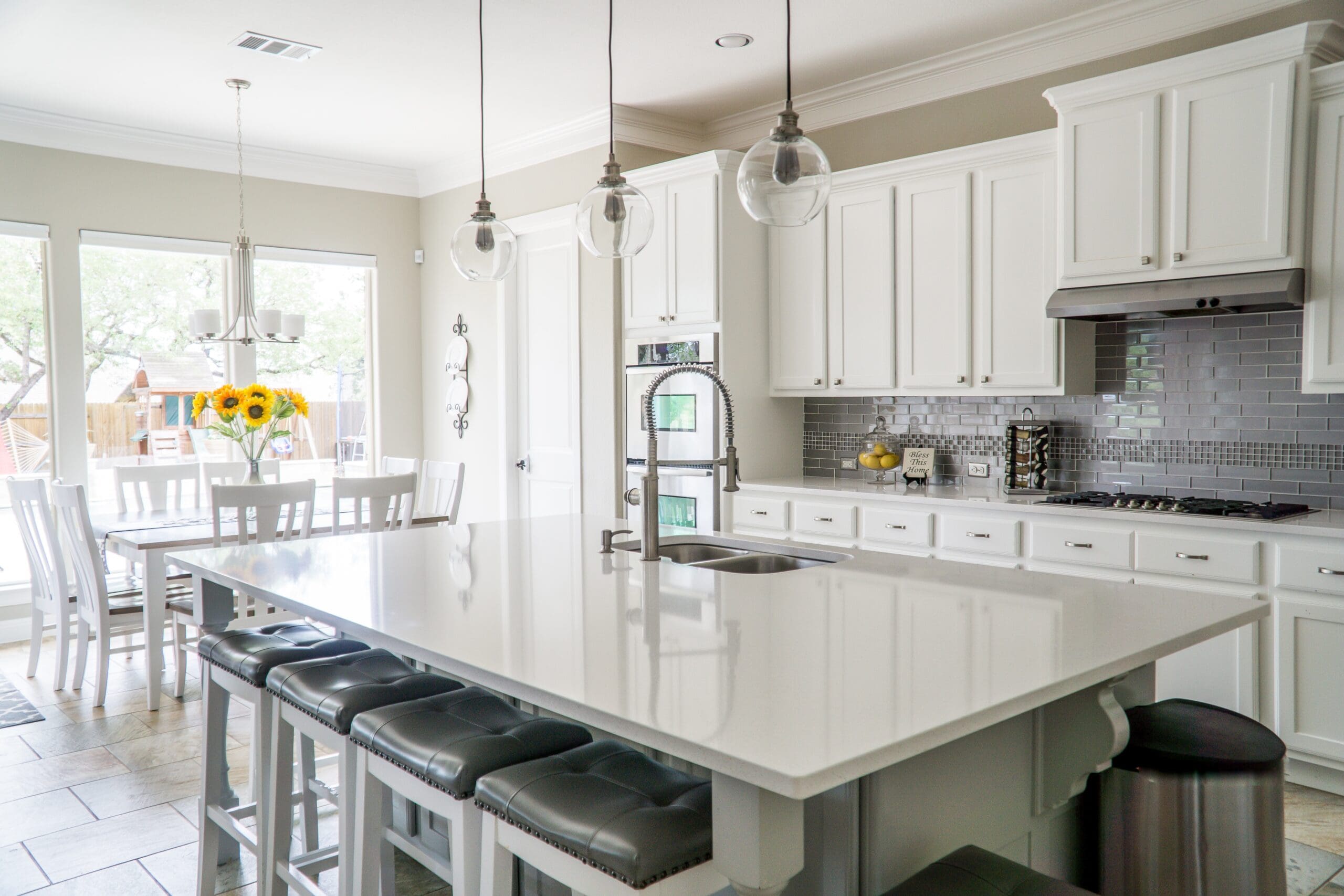Key takeaway: Yes, you can buy a house with bad credit. Programs like FHA, VA, and USDA loans allow buyers with credit scores as low as 500–620 to qualify – with some trade-offs like higher interest rates or larger down payments.
Buying a house can be an exciting yet confusing process. It can also be frustrating when you’re trying to buy a house with a low credit score and don’t know where to turn for answers. Many people rent with the dream of going through the homebuying process and becoming a first-time homebuyer. But while this dream might feel out of reach for those with lower credit scores, there are ways to make it happen whether you’re buying a house in Atlanta or looking at homes for sale in Boston. This Redfin guide will show you what you need to know about how to buy a house with bad credit.

Step 1: Know your credit score
First, find out your credit score by getting a credit report. Equifax, Experian, and TransUnion provide these at no charge. Depending on your credit score, you may have some work to do, and it may take time to get the credit score needed to buy a house.
Step 2: Explore loan programs for buyers with bad credit
FHA loans
Backed by the Federal Housing Administration, FHA loans are one of the most accessible options for buyers with credit scores as low as 500.
- Credit score of 580+: qualify with as little as 3.5% down
- Credit score of 500-579: minimum 10% down required
- Higher LTV ratios (up to 96.5%) allowed
Example: Buying a $500,000 home with a 96.5% LTV means you’d need a 3.5% down payment ($17,500) and could borrow up to $482,500.
VA Loans
Military veterans with a minimum credit score of 620 have access to Veteran’s Administration (VA) loans. If you can boost your credit score to qualify, additional VA loan benefits include:
- No down payment
- No private mortgage insurance (PMI)
- Lower interest rates
USDA loans
United States Department of Agriculture (USDA) loans are available for homebuyers who are lower-income and considering buying in rural areas. The minimum credit score required to take out a USDA loan is 620.
- No down payment required
- No private mortgage insurance (PMI)
- Lower interest rates
Freddie Mac Home Possible loans
Home Possible loans make it easier for first-time buyers to get homes. Home Possible is available to borrowers with low or moderate income and a credit score of 660:
- 3% down payment
- Down payment assistance programs are available
Fannie Mae HomeReady loans
HomeReady loans help moderate-income borrowers by providing expanded eligibility for home loans in low-income communities. HomeReady requires a credit score minimum of 620 to qualify and isn’t exclusive to first-time homebuyers.
- 3% down payment
- Ability to use additional income from roommates to qualify for the loan
Non-qualified (non-QM) mortgage
These loans don’t follow traditional lending rules and may work for those with scores as low as 500:
- Easier qualification process
- Higher interest rates
- Great for self-employed borrowers or those with irregular income
Step 3: Improve your odds of getting approved
Get pre-approved for a mortgage
One of the first items on your to-do list should be getting a mortgage pre-approval. Pre-approvals show the amount a lender is willing to let you borrow and at what interest rate.
Increase your deposit
Lenders hesitate to loan money to people with low credit scores because they are perceived as high-risk. The easiest way to combat this is to increase the down payment, which will make more mortgage deals available.
Avoid applying for new credit
New credit applications will indicate to lenders that you are stretching yourself financially. Any new financing agreements or loans could serve as red flags when applying for a mortgage.
Make sure all your income can be verified
Lenders will always want to verify your income when you apply for a loan. Be sure to provide payslips and bank statements from up to the previous 12 months.
Make sure you’re registered to vote
Electoral roll data is a crucial tool for lenders to verify your identity. While you can have an excellent credit score without being registered, it may prove difficult to be approved for a mortgage.
Work with a lender to find the right loan for the home you love.
Get pre-approved and secure your dream home
Step 4: Improve your credit score
While it’s possible to buy a house with a low credit score, increasing it will benefit you in the long run. Focus on these financial habits to help boost your credit score if it’s lower than 580:
- Improve your payment history
- Pay down your overall debt to increase your debt-to-income ratio
- Decrease your credit utilization
- Check your credit report and dispute any errors
- Remove yourself from any co-borrowing accounts
FAQs about buying a house with bad credit
What do lenders consider bad credit?
Mortgage lenders and the Federal Housing Administration (FHA) look at a credit score range when considering a home mortgage loan. A credit score between 580-669 ranks your credit as “fair” and is regarded as a higher risk for a mortgage lender. Lenders view a score of 579 or less to be “bad” credit. Scores this low can make finding a home loan challenging, but not impossible.
Your credit score tells a lender about your spending habits, payment reliability, and the likelihood of mortgage repayment. Low credit scores mean you’re a higher risk for a lender but do not have to mean your dream of owning a home has to come to an end.
Credit Scores |
|
|
Poor credit |
300 – 579 |
|
Fair credit |
580 – 669 |
| Good credit |
670 – 739 |
| Very good credit |
740 – 799 |
| Exceptional credit |
800 – 850 |
How much more will a bad credit score cost you?
Since your credit score represents the level of risk involved when lending you money, a lower score will make it more expensive to buy a house because of higher interest rates.
If, for example, you borrow $500,000 and have excellent credit (780), you could secure an interest rate of about 7% or about $3,382 per monthly payment. A score of 620 could mean an interest rate of 7.8%, or $3,600 per month. Over 30 years, this adds up to thousands of dollars in additional monthly mortgage payments.
Should I focus on improving my credit score before buying a house?
This is totally up to you. In the long run, increasing your credit score will save you a lot of money when buying a home. With that being said, the housing market is always fluctuating and real estate tends to appreciate in value over time. This can help offset the cost of borrowing with bad credit.




















 English (US) ·
English (US) ·